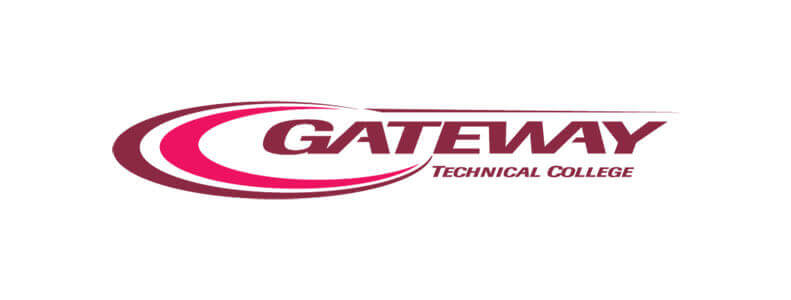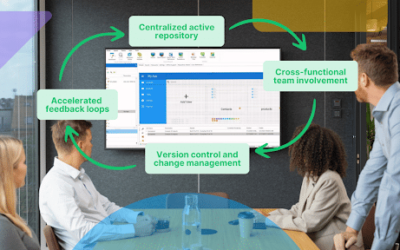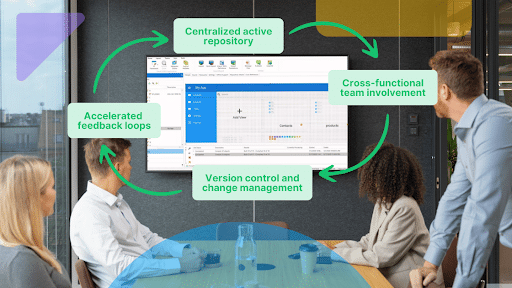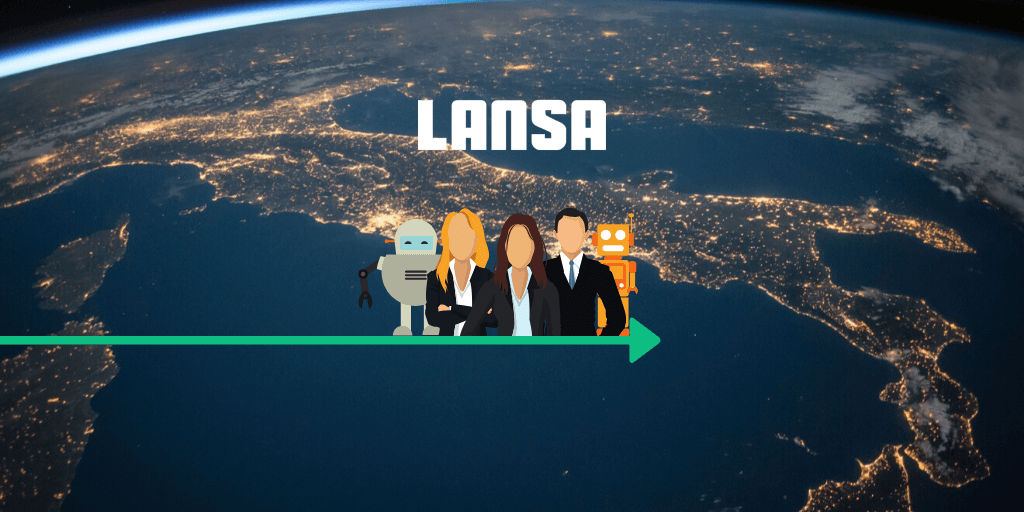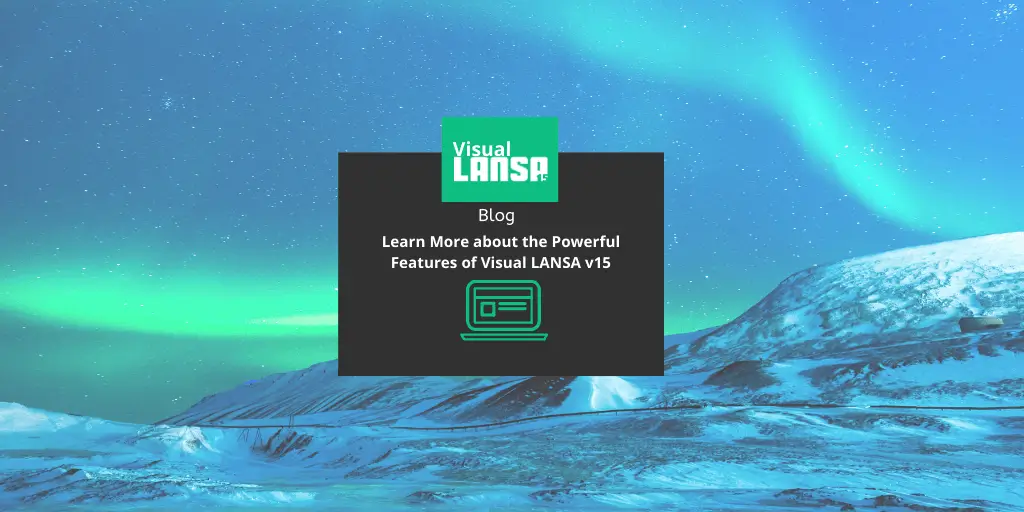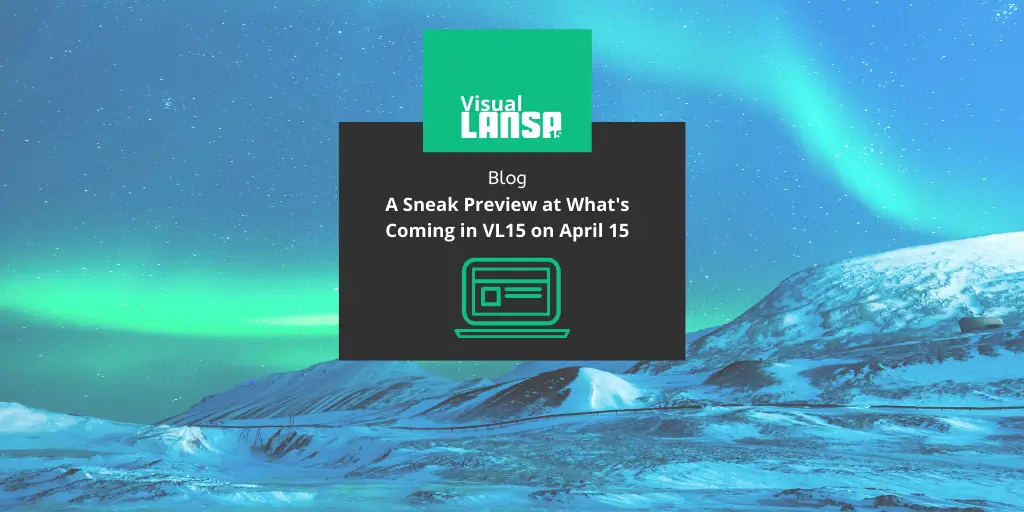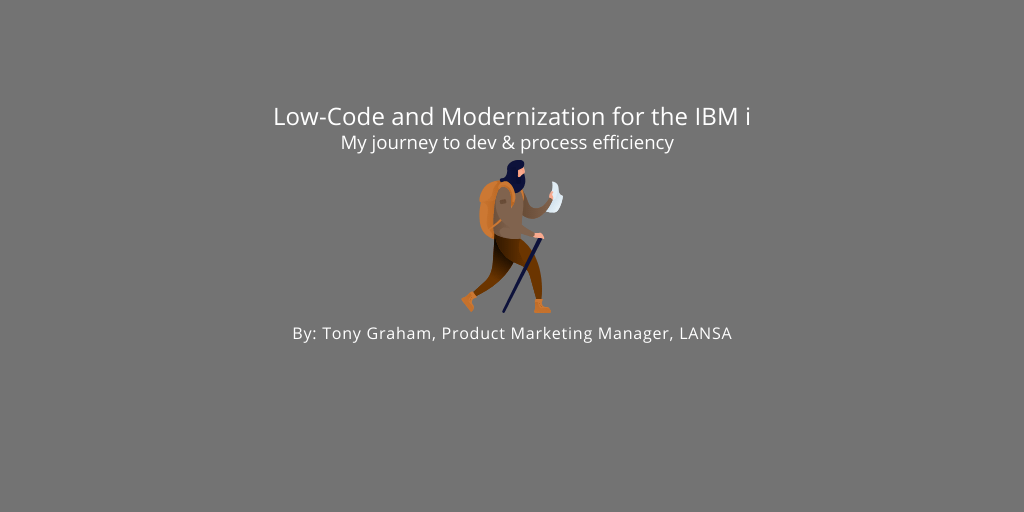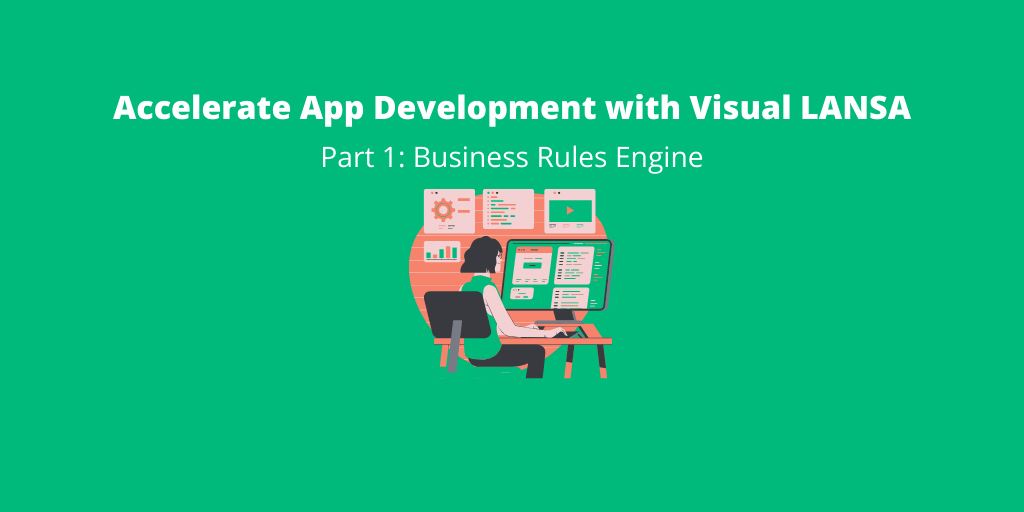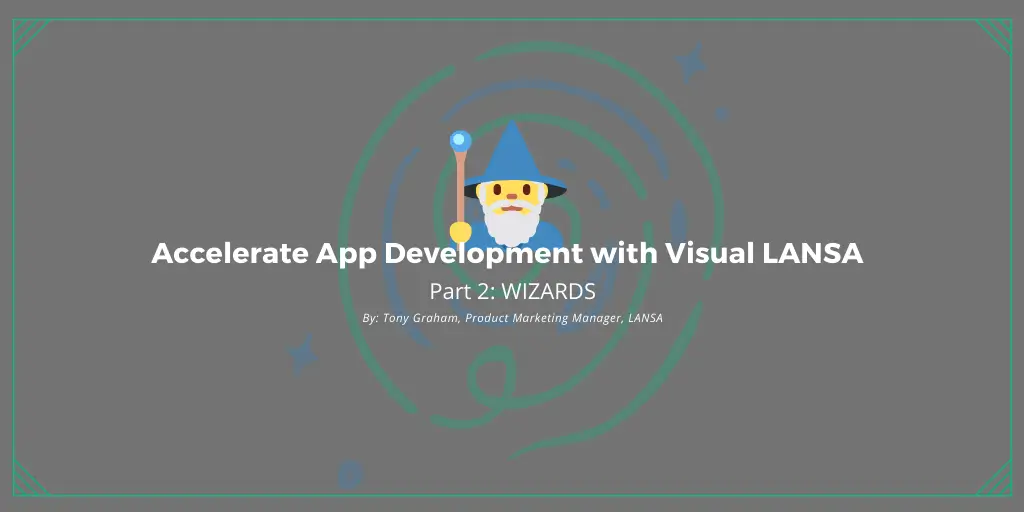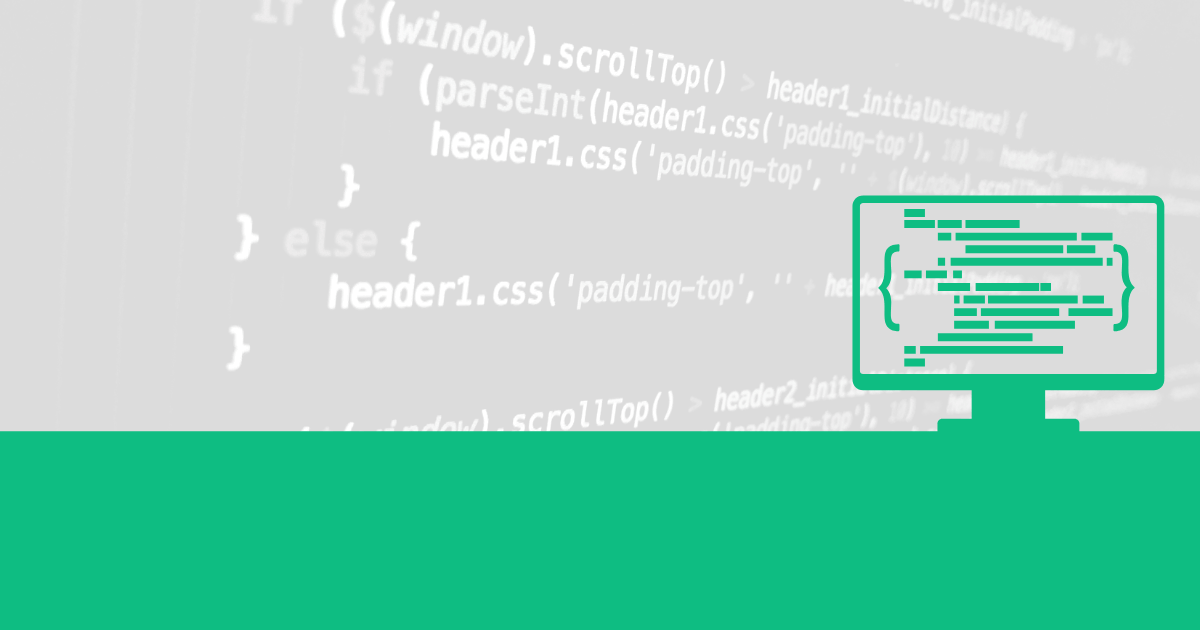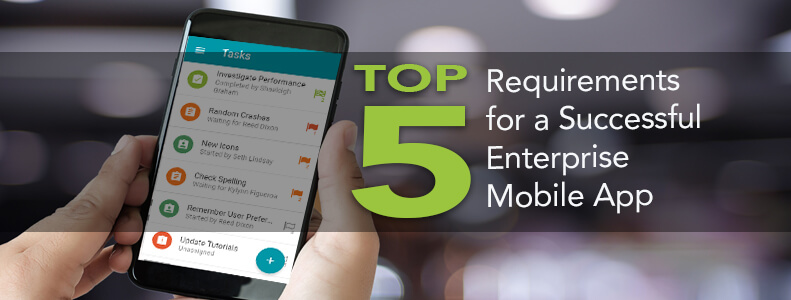Last week I shared with you a candid conversation I had with Jim Buck, Software Development Program instructor at Gateway Technical College, about his Advanced RPG class’s final project. Today I have the pleasure of introducing you to one of Jim’s students, Jeremey Rodriguez. He’s a recent graduate of Gateway and holds an Associate’s Degree in Software Development. Jeremey is responsible for producing the YouTube video that features his team’s final project – a flight reservation mobile app created using LongRange, LANSA’s native mobile app development tool.
What attracted you to the Gateway Technical College Software Developer program?
The program offered many different paths and opportunities. While Gateway is known for its RPG program, I could also take many different Object Oriented Programming (OOP) courses and languages including basic and advanced subjects.
Why did you choose this career path?
I was looking to change careers and was always the IT “hack” that everyone came to with problems. I decided I no longer wanted to be the hack and actually turn it into my profession.
In your Advanced RPG class your final project was to build a mobile application, and you developed a consumer-facing app. Walk me through your team’s process of planning and designing the app.
After deciding to build a flight reservation app, we browsed through the App Store and Google Play to see how other apps of this nature functioned. We then discussed what we wanted our app to do and what tasks it could perform to help consumers make their flight reservations. Taking into consideration the data we had to work with along with the parameters of the project, we developed a concept for each screen then worked our way through building each component of the app.
What obstacles did you have to overcome in completing this project?
While the Advanced RPG topics we learn are very in-depth, they are still “vanilla” RPG e.g. one or two programs/modules that work in conjunction with one another and not highly complex, like the type of programs you would find in the real world. I wanted our project to use many of the functions that LongRange had to offer, while also utilizing many of the topics we learned throughout the semester. To do that, I had to study everything I could about the LongRange API’s to really understand how the mobile GUI interfaced with the back-end. In turn, I then had to make sure my team understood how the RPG code they learned to write worked within LongRange.
Tell me your thoughts on LongRange – your likes and dislikes.
LongRange appealed to us because of the tool’s ability to build a native mobile app and easily code screens using DDS. We didn’t have to learn a new skillset to use LongRange. Using the RPG skills we learned in class, we were able to perform all back-end tasks.
I’m not sure you can consider this a downfall of LongRange, but we were obviously under a time constraint to complete the project. We had limited time to design, plan and deploy the app so the entire project was a learning experience for us. We had to a lot of reading and researching to determine how the app would work with the concepts we developed, but that’s what a software developer does; it’s a part of our job.
What are you most proud of regarding your final project?
The way my team came together near the end to make sure everything worked as planned. Despite the fact we spent a good month planning the project, we only had about three to four weeks to code the front and back-end. Our team was compiled mostly of students who had multiple courses they were also trying to finish up while this project was going on. We had some late nights and long weekends at the end of the semester, and although we did not get everything done as planned, I think we put next year’s team in a good position to enhance the mobile app.
What advice would you give future graduates with your degree?
Programming is not about syntax, it’s about concepts. Don’t limit yourself to only the courses needed to get your degree. I took almost every programming course that was available because I knew the more I understood about concepts and logic; the easier it would be to learn any language. Among students, RPG is perceived to be one of the hardest languages to learn, but for me, it was easy because I had a good foundation of programming concepts by the time I took it.
A long-term partnership
Gateway Technical College’s Software Developer program is extremely well known within the IBM i market. Graduation placement rates are tremendously high because the program’s comprehensive, multiplatform curriculum aims to teach students, like Jeremey, about the IBM i. LANSA is proud to be a part of the program’s ecosystem and looks forward to following students’ future use of LongRange.


